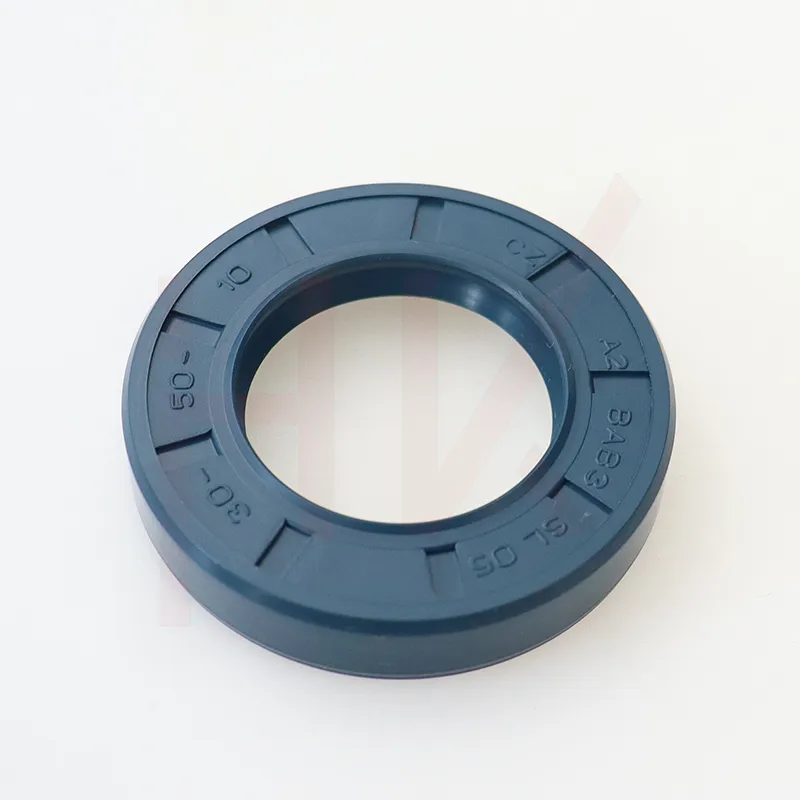Dec . 11, 2024 10:26 Back to list
Understanding the Functionality and Applications of Rotary Oil Seals in Machinery
Understanding Rotary Oil Seals Purpose, Types, and Applications
Rotary oil seals, also known as shaft seals or rotary shaft seals, are essential components used in various mechanical systems where shafts rotate. Their primary purpose is to prevent the leakage of lubricants, such as oil, and to keep external contaminants out of crucial moving parts. This article will delve into the importance of rotary oil seals, different types available, and their applications across various industries.
The Importance of Rotary Oil Seals
In any machinery that incorporates rotating shafts, the integrity of the lubrication system is paramount. Oil lubricates moving parts, reduces friction, and minimizes wear. However, without effective sealing solutions, lubricant can escape, leading to insufficient lubrication, overheating, and eventual failure of the machine. Conversely, external dirt, dust, and water can enter the system, causing abrasion and corrosion to vital components.
By providing a reliable barrier, rotary oil seals ensure operational efficiency, enhance the lifespan of machinery, and reduce maintenance costs. They are crucial in protecting machinery, whether in automotive applications, industrial machinery, or household devices.
Types of Rotary Oil Seals
1. Single Lip Seals These are the most common type of rotary oil seals. They consist of a circular elastomer lip that makes contact with the shaft, creating a seal to prevent lubricant loss while allowing for shaft rotation.
2. Double Lip Seals Designed for more demanding applications, double lip seals feature two sealing lips. The first lip seals against the lubricant, while the second protects against contaminants. This design is particularly useful in harsh environments where dirt and debris are prevalent.
3. Spring-Loaded Seals These seals incorporate a spring mechanism to apply additional pressure on the sealing lip, improving the sealing capability, especially in high-speed applications or where there is shaft misalignment.
4. Mechanical Seals Although not traditional rotary oil seals, mechanical seals function similarly in preventing leaks in rotating equipment such as pumps and compressors. They utilize a face-to-face sealing mechanism and are ideal for high-pressure applications.
rotary oil seals

5. Teflon Seals Made from polytetrafluoroethylene (PTFE), these seals provide exceptional chemical resistance and low friction. Teflon seals are ideal for applications involving aggressive fluids or high-temperature conditions.
Applications of Rotary Oil Seals
Rotary oil seals find wide-ranging applications across various industries
- Automotive In vehicles, rotary oil seals are used in engines, transmissions, and differentials to prevent oil leaks and protect against contaminants. They play a critical role in maintaining vehicle performance and reliability.
- Industrial Equipment Manufacturing machinery, pumps, and compressors heavily rely on rotary oil seals to ensure proper lubrication and prevent leaks, thus minimizing downtime and maintenance costs.
- Aerospace In the aerospace industry, where precision and reliability are crucial, rotary oil seals are used in engines, landing gear systems, and hydraulic applications to ensure safety and efficiency.
- Home Appliances Smaller applications, such as in washing machines and refrigerators, use rotary oil seals to keep lubricants contained while preventing leaks and damage from moisture and dirt.
Conclusion
Rotary oil seals are integral components in almost every machine that incorporates rotating shafts. By preventing lubricant leakage and protecting against the ingress of contaminants, they ensure the smooth operation, efficiency, and longevity of mechanical equipment. With various types available to suit different applications, understanding their functionality is key to optimizing machinery performance. As technology continues to advance, rotary oil seals will undoubtedly evolve, further enhancing their efficacy in diverse industries. Regular maintenance and timely replacement of these seals can lead to significant cost savings and improved reliability in mechanical systems, making them a critical consideration for engineers and maintenance professionals alike.
-
TCN Oil Seal Metal Ring Reinforcement for Heavy Machinery
NewsJul.25,2025
-
Rotary Lip Seal Spring-Loaded Design for High-Speed Applications
NewsJul.25,2025
-
Hydraulic Cylinder Seals Polyurethane Material for High-Impact Jobs
NewsJul.25,2025
-
High Pressure Oil Seal Polyurethane Coating Wear Resistance
NewsJul.25,2025
-
Dust Proof Seal Double Lip Design for Construction Equipment
NewsJul.25,2025
-
Hub Seal Polyurethane Wear Resistance in Agricultural Vehicles
NewsJul.25,2025
-
The Trans-formative Journey of Wheel Hub Oil Seals
NewsJun.06,2025
Products categories
















